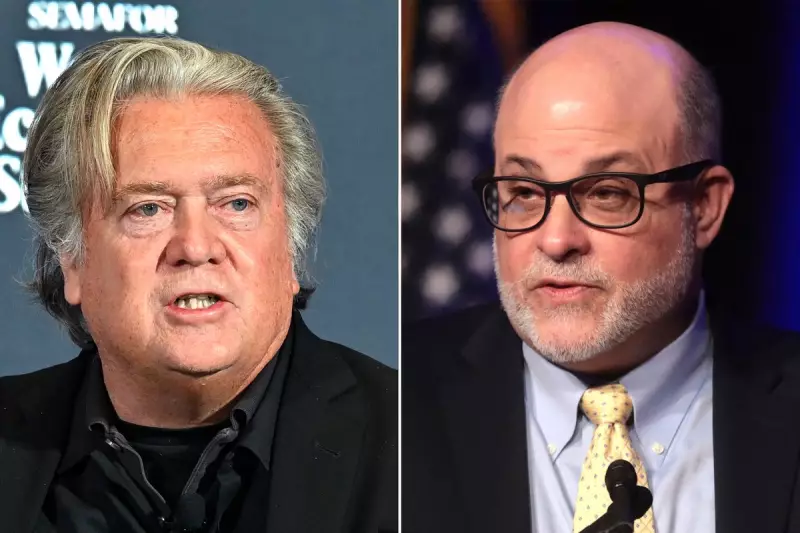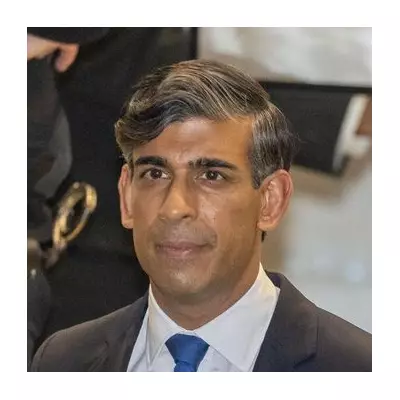
In a stunning development that threatens to upend American political traditions, prominent conservative voices are openly advocating for Donald Trump to pursue a third presidential term, despite constitutional limitations that have stood for generations.
The Constitutional Challenge
Conservative radio host Mark Levin has thrown his weight behind former Trump strategist Steve Bannon's controversial call for the former president to seek an unprecedented third term. This radical proposition directly confronts the 22nd Amendment, which explicitly states that "no person shall be elected to the office of the President more than twice."
Levin's Revolutionary Argument
During a recent broadcast of his popular radio show, Levin presented a novel interpretation of presidential eligibility. "I'm going to give you a different reason for a third term," Levin declared, suggesting that Trump's first term was somehow "disrupted" or invalidated by what he termed the "Russia hoax" and impeachment proceedings.
The broadcaster argued that these controversies created extraordinary circumstances that might justify bypassing constitutional term limits. This reasoning has drawn sharp criticism from legal scholars and political analysts across the spectrum.
Bannon's Persistent Campaign
Steve Bannon, Trump's former chief strategist, has been the most vocal proponent of this controversial idea. On his "War Room" podcast, Bannon has repeatedly urged Trump to consider running again in 2028, framing it as a necessary response to what he describes as ongoing political persecution.
Bannon's persistence in promoting this narrative has raised eyebrows even among some Trump allies, who worry about the potential damage to democratic institutions and norms.
Legal Experts Sound Alarm
Constitutional lawyers have been quick to dismiss these arguments as legally baseless. The 22nd Amendment's language is unambiguous, and historical precedent strongly supports the traditional two-term limit established by George Washington and codified after Franklin D. Roosevelt's four terms.
Legal analysts note that overcoming this constitutional barrier would require either a massive political movement to amend the Constitution or a dramatic reinterpretation by the Supreme Court - both considered extremely unlikely scenarios.
Political Fallout and Reactions
The discussion of a third Trump term has ignited fierce debate within conservative circles. While some Trump loyalists embrace the idea as a bold challenge to the political establishment, more traditional Republicans express concern about the potential consequences for the party's credibility and America's democratic traditions.
Democratic leaders have seized on these comments as evidence of what they describe as Trump's authoritarian tendencies and his supporters' willingness to undermine democratic norms.
What This Means for 2024
Despite the third-term speculation, Trump remains focused on his 2024 campaign, where he continues to dominate Republican primary polling. The former president has not directly endorsed the third-term concept but has notably refused to commit to supporting the eventual Republican nominee if he doesn't win the nomination himself.
This evolving narrative reflects deeper tensions within American politics about the strength of democratic institutions and the durability of constitutional safeguards in an increasingly polarized political environment.





